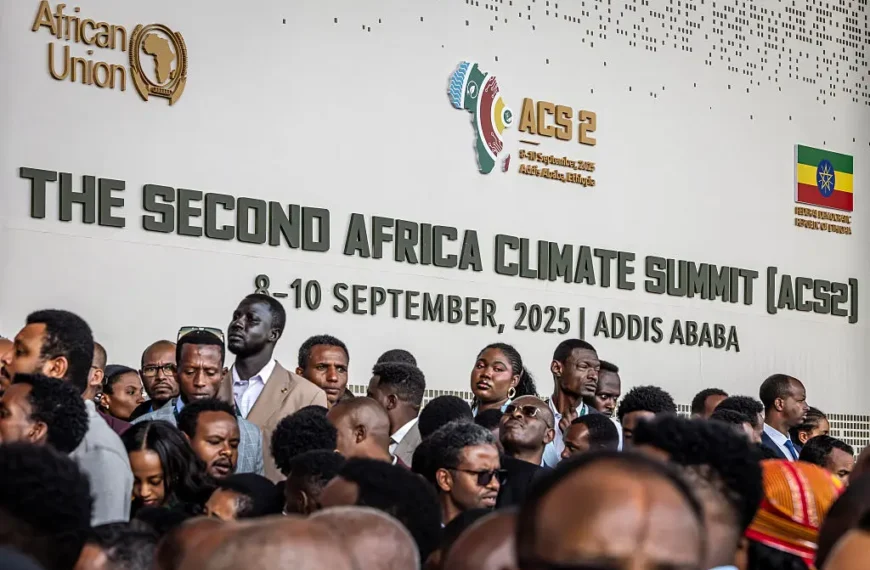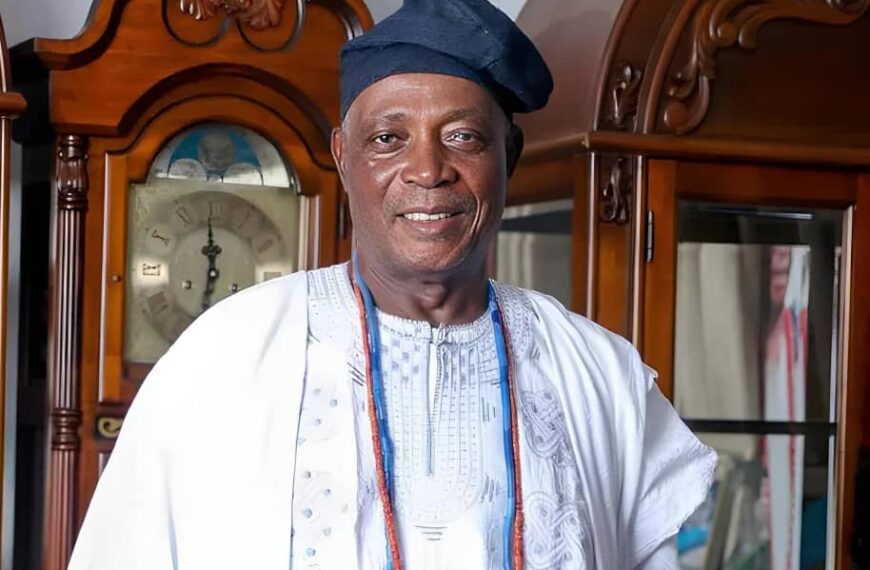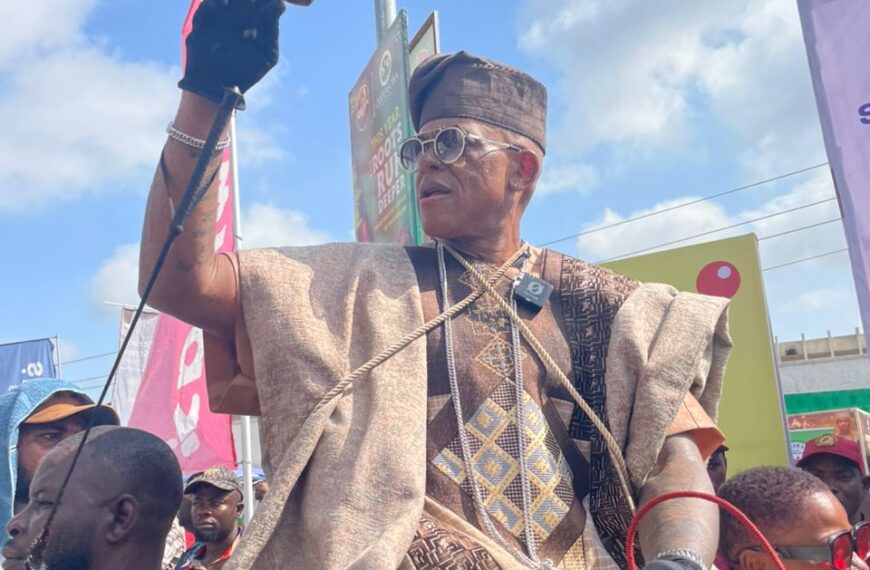Africa is a continent rich in culture, history, and diversity, and its festivals reflect this vibrant heritage. These celebrations are a colorful mix of music, dance, art, food, and rituals, offering a glimpse into the heart of African traditions. Festivals across Africa are deeply rooted in the continent’s history and often tied to religious, agricultural, or social events.
Key Elements of African Festivals
- Music and Dance: From rhythmic drumming to energetic dances, music and movement are central to African festivals. Traditional instruments like the djembe, kora, and balafon accompany performances that tell stories or honor ancestors.
- Traditional Attire: Attendees often wear vibrant and elaborate clothing, showcasing African textiles like kente, ankara, and mudcloth, each with its unique cultural significance.
- Food and Feasting: Festivals are an opportunity to enjoy traditional African dishes, such as jollof rice, fufu, injera, or tagines, often shared communally.
- Storytelling and Art: Many festivals highlight African folklore through storytelling, art exhibitions, and theatrical performances, preserving oral traditions and showcasing contemporary creativity.
Notable African Festivals
- Festima (Burkina Faso): A biennial festival celebrating the region’s traditional masks, with dances, parades, and rituals.
- Timkat (Ethiopia): A Christian festival commemorating the baptism of Jesus, marked by processions and sacred water rituals.
- Lake of Stars (Malawi): A music and arts festival that attracts performers from across Africa and the world.
- Durbar Festival (Nigeria): A centuries-old festival featuring a grand parade of horses and traditional regalia to honor Islamic holidays.
- Fes Festival of World Sacred Music (Morocco): A spiritual music festival bringing together artists from diverse cultures and faiths.
- Cape Town Carnival (South Africa): A vibrant celebration of South African culture with street performances, parades, and colorful costumes.
Cultural Significance
African festivals are more than entertainment; they serve as a means of preserving traditions, fostering community, and sharing stories across generations. They provide an avenue for cultural exchange, welcoming visitors to experience the richness of African heritage firsthand.



















